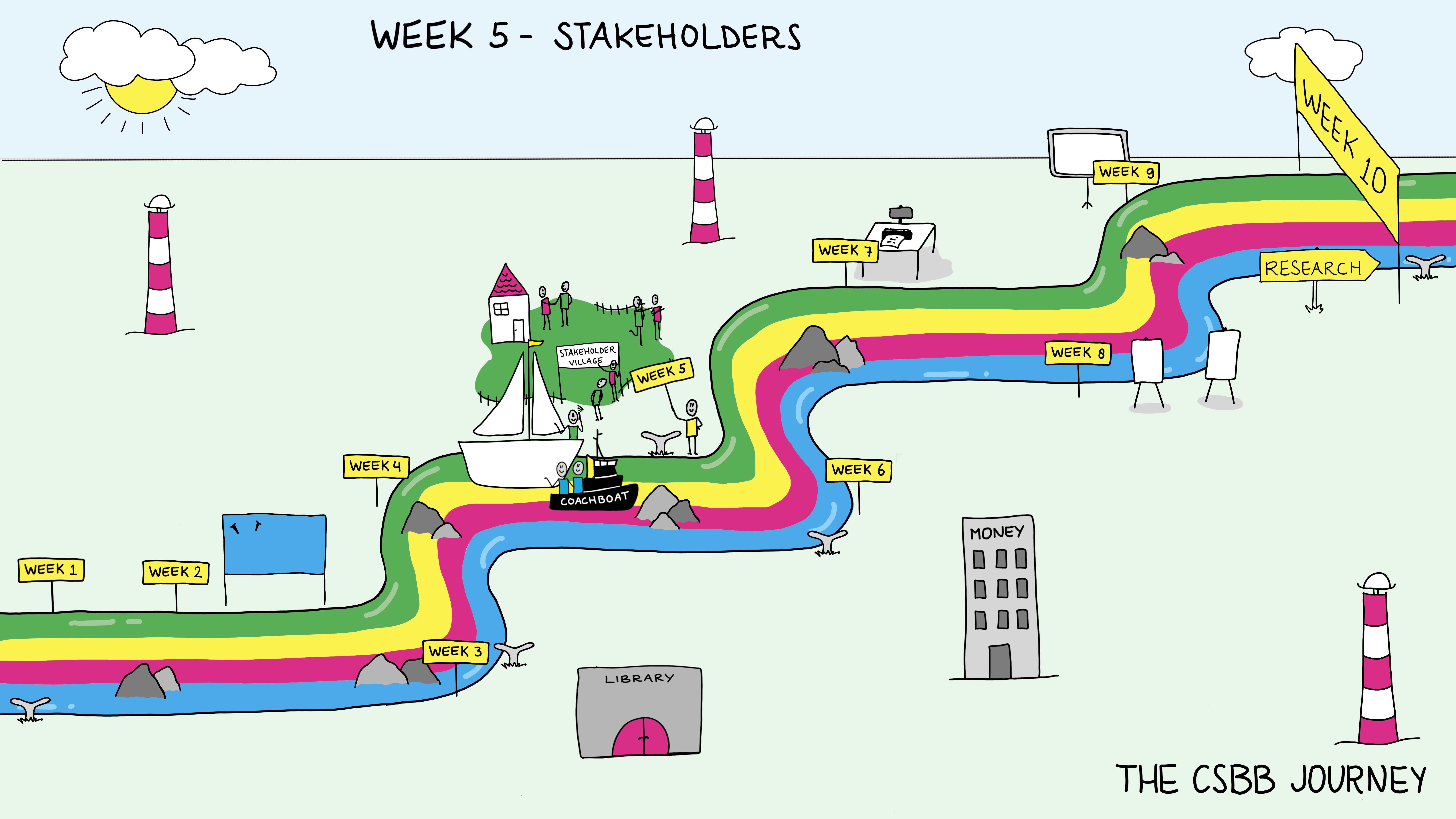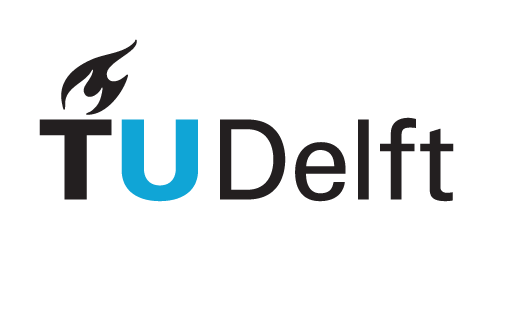
Week 1.5: Stakeholders#
There are two fundamental standpoints about the goal of science, in general. One group of scientists say that science aims to gather knowledge, while others say that science never stands alone in itself; we use science and technology to solve societal problems. These problems are generally vague and complex, and the issues manifest in various areas of life, causing legal, financial, ethical, medical, etc. consequences for different groups. One of the main features of transdisciplinary research is that it is often the most successful way to solve these kinds of problems due to the involvement of non-academic stakeholders.
Durham (2014) defines a stakeholder in a scientific context as: “any person or group who influences or is influenced by the research”. This includes the people working on a research project, paying for it, and will be affected by or using its results. At its broadest definition, everyone could be a stakeholder in your project, though most are not active participants. It’s usually helpful to consider them in three broad categories: those who support your project, those who oppose it, and those who will be affected by it. Mapping the stakeholders and understanding their perspectives are crucial in setting up transdisciplinary research projects. It is also important to remember that people have multiple things they’re stakeholders in with competing interests. This week, we will be talking about stakeholders. What are they? Why do we care about stakeholders? How do they impact what we are doing? Whether you have heard of the term stakeholders before or not—being aware of who they are and how they affect your research, and actions can help you produce a result that best fits the circumstances and expectations.
Monday:
Science Spotlight
Workshop: Stakeholders: what does it mean and why do we care?
Wednesday:
Workshop: Stakeholder Panel
Friday:
Symposium: Engaging with Stakeholders
Workshop: Stakeholders#
This workshop will introduce the concept of stakeholders and how they are connected to projects and actions. This means discussing topics such as what makes somebody a stakeholder and identifying different stakeholders in different projects and situations the students are in. You will actively map known and potential stakeholders for your projects by using the Sailboat gamestorming method.
Besides “what are they” and “why do we care about them”, this workshop will help you answer more questions about the importance of stakeholders. We will discuss how to collaborate with them, why they would collaborate with you, and what could break this relationship. At the end of this workshop, you should have an inventory of mindsets, epistemological standpoints and doctrines, which help you build a good relationship with stakeholders.
Regarding the presentations at the end of this minor, you will want to learn about how different types of audiences (eg. supervisor, fellow students, general public) are different stakeholders and how that should influence the way you present your findings. Furthermore, the characteristics of these audiences, such as along the scale of involved to less involved or how they process information, will be discussed. This latter part also means that the you will learn some essential communication elements for presenting to and talking with external but interested parties. Considering speaker, message, audience and context are vital in deciding how to relay information.
Key concepts#
After this workshop, groups should be able to answer the following questions when it comes to their own project:
What are stakeholders?
Who are the stakeholders in their project?
What do they find important?
What do they already know?
How do they influence your work?
What is your relationship with stakeholders?
What needs to be considered in aligning your presentation with stakeholders in your audience?
Learning goals#
Students can describe the concept of a stakeholder and why this is relevant in the context of research
Students should be able to identify stakeholders in different situations
Students know the influence of stakeholders on their actions
Students understand their own responsibility towards (different types of) stakeholders
Students are able to to make decisions and actions with active consideration of the stakeholders’ influence
Students understand how different audiences are different stakeholders, and the different characteristics that define these audiences
Students know how to present information to stakeholders
Workshop: Stakeholder Panel#
This workshop will be a stakeholder panel. Students will define interesting statement and several questions. Panel members may include education experts, researchers, industry representatives, patient advocates and insurance companies.
Learning goals#
Understand different perspectives of why people engage or participate. Their hopes and desires.
Group activity of the week#
Your project should be coming along, and your background research should be nearing adequate stage. This is the time to assemble your sources. Also analyse what things you still need to research. What don’t you know?
Discussion Questions#
What are you a stakeholder in? How does that influence you? What are different ways you are a stakeholder in things?
How would you describe the difference between internal and external stakeholders?
Would you consider your family something you are a stakeholder in?
Regarding the project:
What is your role in this project?
What is your goal in this project? What should this project accomplish? How do these two questions differ?
How will you communicate the goals and progress made to internal and external stakeholders?
What is your strategy for considering people affected by your project, who don’t have influence on it?
Weekly Submitted Assignments#
Group#
Prepare an annotated list of your sources so far. What do you need to research still?
Individual#
How are the things that you are a stakeholder in related to your sense of identity–who you are? Who do you want to be? (½ page)
References#
A handbook for Stakeholder engagement in research projects
A great example of stakeholder engagement: Lisa ten Brug: ObeCity, How neighbourhood design can reduce childhood obesity
An interesting video on citizens’ involvement in science projects changing the way we do science
